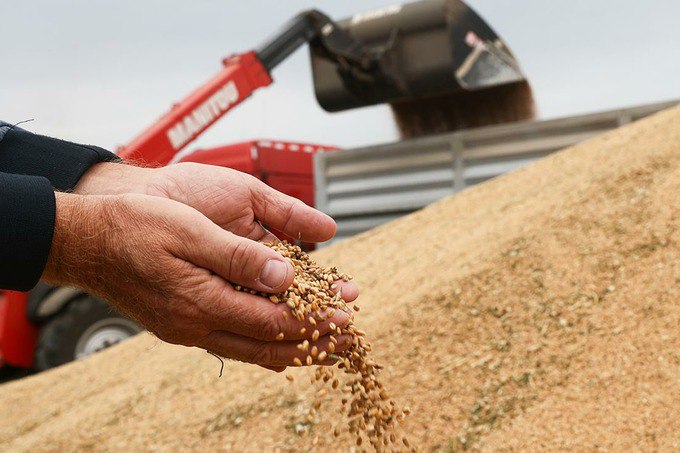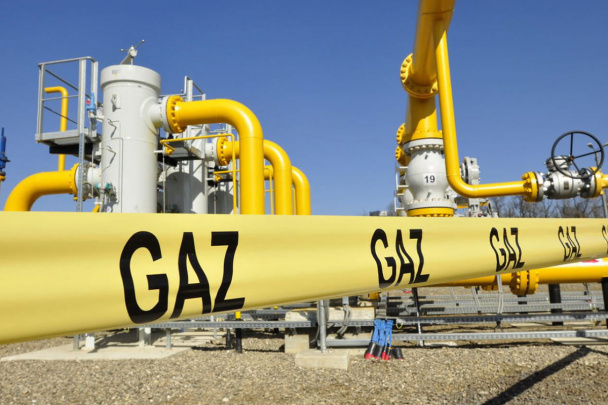Kazakhstan temporarily restricts re-export of Russian grain to Uzbekistan and China
Kazakhstan has imposed temporary restrictions on the re-export of Russian grain to Uzbekistan and China, effective until the end of 2024.

The restrictions stem from a previously established ban on wheat imports from non-EAEU countries and other members of the Eurasian Economic Union (EAEU), aimed at protecting Kazakhstan's domestic market. This ban has created challenges for the transit of Russian grain through Kazakhstan.
In addition to these restrictions, Prime Minister Olzhas Bektenov confirmed an increase in unified transit tariffs for EAEU cargo. For instance, the cost of transporting Russian grain to Kyrgyzstan via Kazakhstan has doubled, further impacting regional trade.
In response to these logistical challenges, Kazakhstan is actively developing alternative transportation routes. One key initiative is the Trans-Caspian International Transport Route, which saw a 69% increase in freight volumes from January to August 2024 compared to the same period last year. Kazakhstan has also entered agreements with Turkmenistan, Iran, and other countries to boost exports and enhance transport connectivity.
Meanwhile, tensions between Kazakhstan and Russia have surfaced in the agricultural sector. In October, Russia’s Federal Service for Veterinary and Phytosanitary Surveillance (Rosselkhoznadzor) imposed restrictions on imports of Kazakh agricultural products, including wheat, tomatoes, and flowers.
These measures, according to Russian authorities, were prompted by violations of phytosanitary standards and the discovery of quarantined pests in certain products. Additionally, Rosselkhoznadzor reported the use of fraudulent practices, where companies listed on phytosanitary certificates were found not to be conducting legitimate business operations.
Both countries continue negotiations to resolve issues related to transit and mutual restrictions, seeking to stabilize agricultural trade and transit in the region.
Recommended
List of streets and intersections being repaired in Tashkent published
SOCIETY | 19:12 / 16.05.2024
Uzbekistan's flag flies high on Oceania's tallest volcano
SOCIETY | 17:54 / 15.05.2024
New tariffs to be introduced in Tashkent public transport
SOCIETY | 14:55 / 05.05.2023
Onix and Tracker cars withdrawn from sale
BUSINESS | 10:20 / 05.05.2023
Latest news
-
Massive embezzlement uncovered at Andijan State University: Rector, chief accountant and other officials jailed
SOCIETY | 20:36 / 07.07.2025
-
Uzbekistan's economy expands 6.8% in first half of 2025
SOCIETY | 20:34 / 07.07.2025
-
Heatwave triggers nearly 250,000 emergency calls across Uzbekistan
SOCIETY | 20:31 / 07.07.2025
-
Why medicines cost more in Uzbekistan? Pharmaceutical Agency chief explains
SOCIETY | 18:21 / 07.07.2025
Related News

18:42 / 05.07.2025
Uzbekistan tops medal table at Asian Cadet Judo Cup in Kazakhstan

17:18 / 30.06.2025
Uzbekistan increases gas exports to China

13:23 / 30.06.2025
Uzbekistan may establish transit hub at Pakistan’s Port of Karachi

16:01 / 28.06.2025



